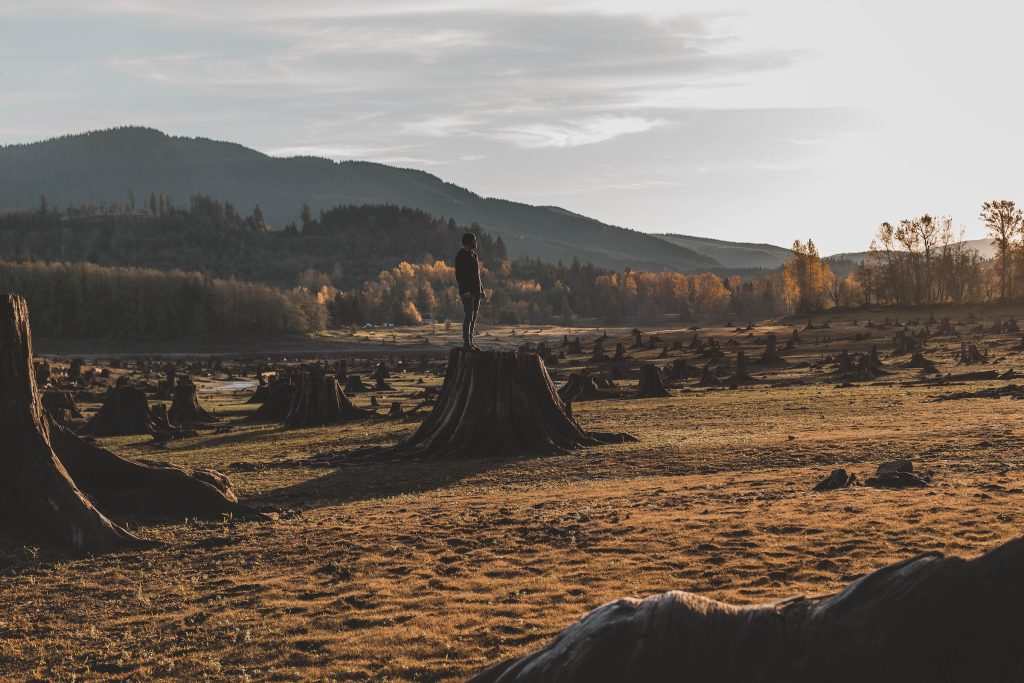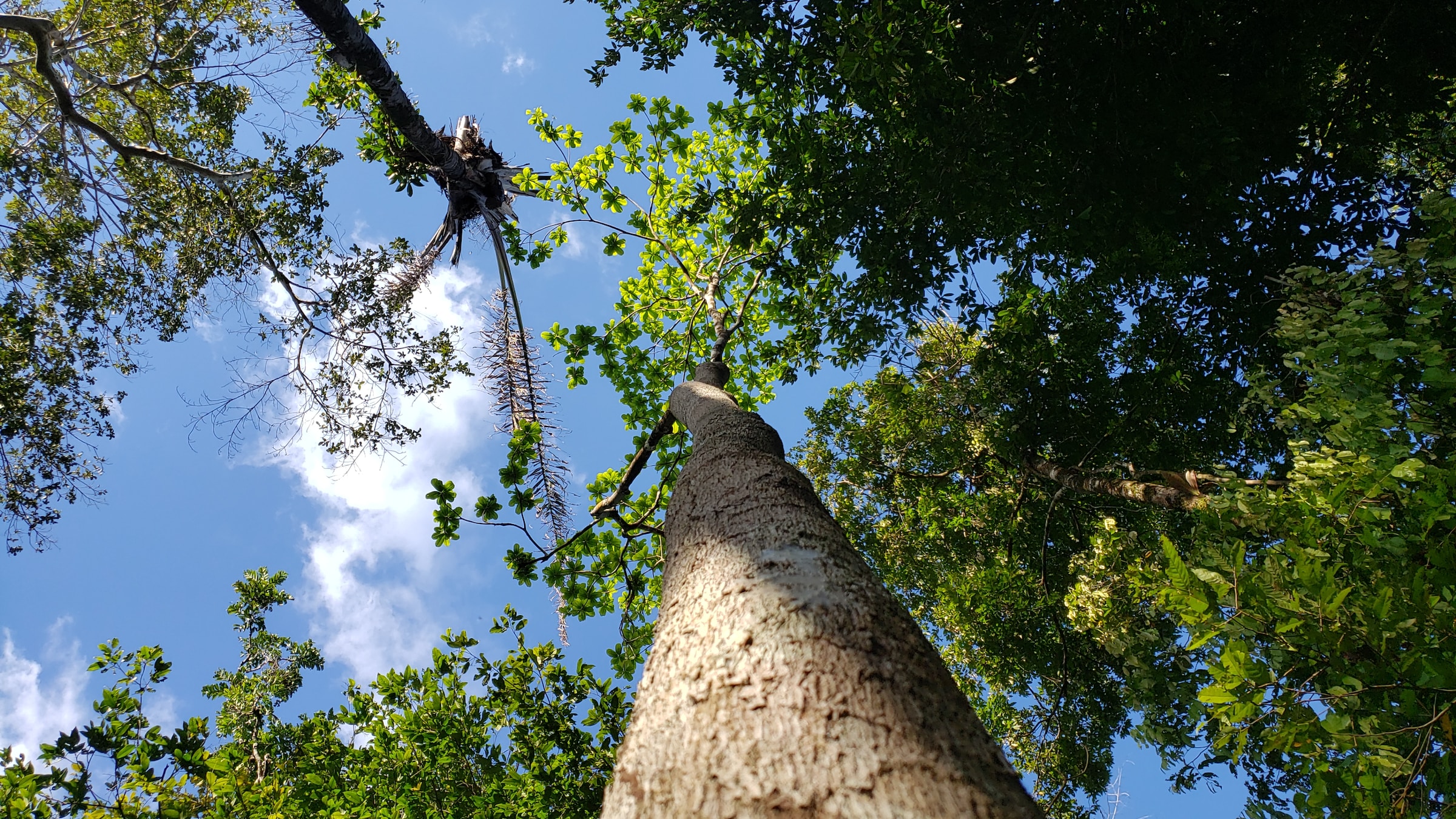
Brazil’s Battle with Deforestation: Struggling Legacies and a Future Uncertain in Chico Mendes’ Homeland
In the heart of the Brazilian Amazon, Luzineide Marques da Silva, a seasoned rubber tapper, is fighting not just for her livelihood but also for the preservation of a way of life deeply rooted in the serenity of the forest. This fight takes place in the iconic Chico Mendes Extractive Reserve, an area that bears the name and the legacy of a celebrated environmentalist and union leader, assassinated in 1988 for his efforts to protect the Amazon rainforest.
The Amazon, an emblem of biodiversity and a lifeline for indigenous and local communities, is continuously confronted with the menace of illegal deforestation, mostly exacerbated during the regime of former President Jair Bolsonaro, who aimed to diminish protected territories and legitimize large-scale cattle ranching inside extractive reserves.
A Sanctuary Under Siege
Extractive reserves like Chico Mendes’ are designated federal conservation areas aimed at shielding non-Indigenous forest communities from land-grabbing and deforestation, allowing them to continue their traditional lifestyles. However, the presence of illegal cattle has been intensifying, particularly in these reserves, breaching the sanctity of these protected lands and threatening the existence of the ecosystems within.
In the Chico Mendes reserve, Luzineide and her family, holders of rights to tap rubber trees for latex, have witnessed the devastation first hand, with their cherished trees being damaged by fires believed to be set by illegal land-grabbers. This year alone, the reserve has reported 300 fires, a stark symbol of human interference in these ecologically crucial areas.
Chico Mendes: A Symbolic Struggle
The battle within the Chico Mendes Extractive Reserve symbolizes the broader struggle of many such rubber-tapper families who are under the constant threat from illegal cattle ranchers. Despite significant reductions in Amazon deforestation under the current President Luiz Inácio Lula da Silva, advancements have been sporadic, and the reserve remains a battleground for many families like Luzineide’s, who are perennially in fear for their lives, reminiscent of Mendes’ tragic fate.
The enduring struggle within this reserve symbolizes not just a fight for environmental conservation but also a battle against systemic disregard for indigenous rights and traditional ways of living. Luzineide’s ordeal reflects the stories of thousands living within the reserve, battling not just for their livelihoods but also for the sanctity of their homes and the legacy of Chico Mendes.
Institutional Challenges and Hope for the Future
The situation is further aggravated by the apparent inadequacies of the institutional mechanisms in place. Luzineide claims that the federal agency, the Chico Mendes Institute for Biodiversity Conservation (ICMBio), responsible for managing the reserve, is severely understaffed and ill-equipped to curb environmental crimes within the vast expanses of the reserve. Responses to pleas for intervention have been delayed and insufficient, highlighting institutional failures in addressing and preventing environmental devastation.
However, all is not lost. The current administration under President Lula has promised ecological transitions and is actively working to reinforce understaffed environmental agencies. There is hope that with political will, comprehensive reforms, and international support, the tide can be turned to preserve the rich biodiversity of the Amazon and protect the rights and livelihoods of its inhabitants.

The Road Ahead
The struggle within the Chico Mendes Extractive Reserve is emblematic of the larger battle being waged across the Brazilian Amazon, where the inexorable push for development collides with the imperative to preserve a unique and irreplaceable ecosystem. It’s not merely a struggle for conservation, but also a struggle for justice, human rights, and recognition of the diverse and invaluable cultural heritages contained within the Amazon.
As Luzineide continues her fight against deforestation, her story underscores the pain and resilience of thousands living within the reserve. It’s a poignant reminder that the battle for the Amazon is a shared responsibility, requiring international cooperation, local participation, and above all, a commitment to sustainable development that respects both the environment and the rights of its indigenous and local communities.
While the challenges are immense, the stories of resilience, the legacies of figures like Chico Mendes, and the enduring spirit of the Amazon’s inhabitants offer a glimmer of hope. With concerted efforts, political will, and global solidarity, the Amazon could yet be preserved for future generations, a testament to the harmonious coexistence of man and nature in one of the world’s most diverse and invaluable ecosystems.
©eco-guardians.org